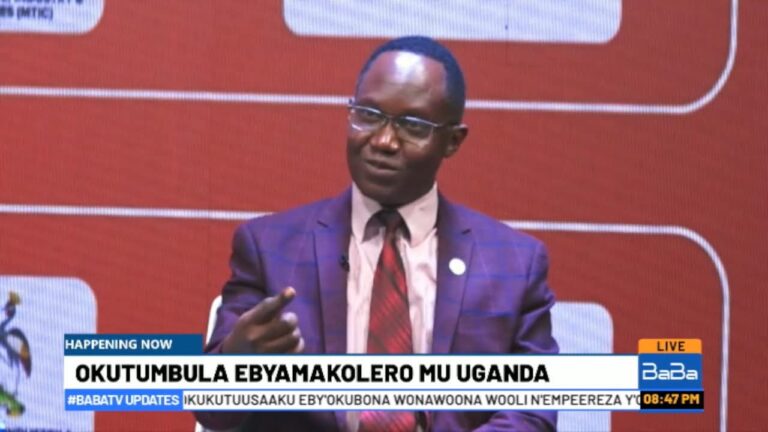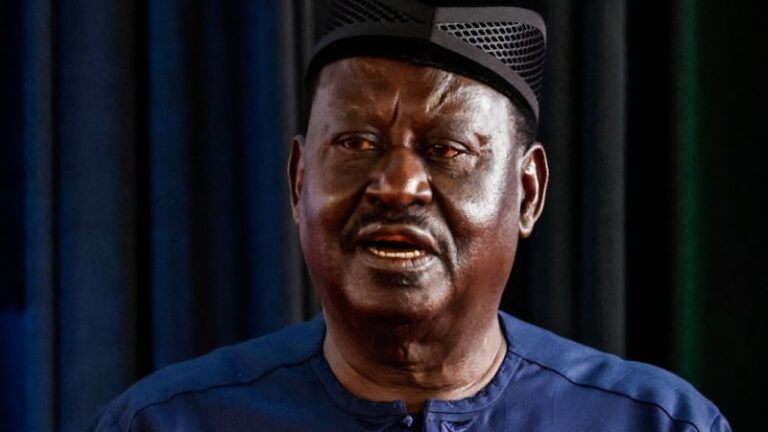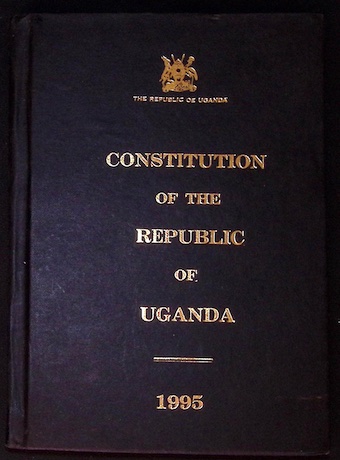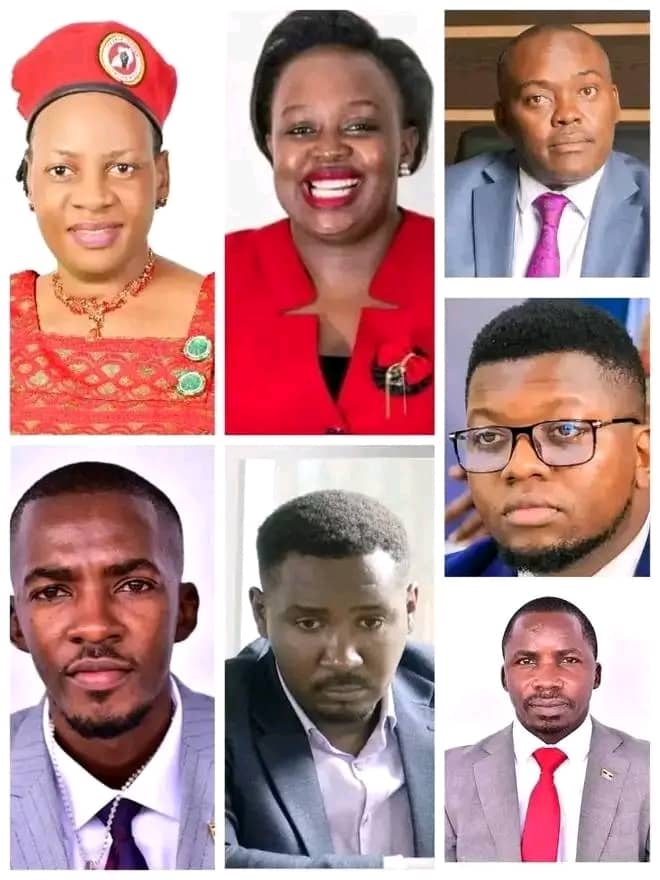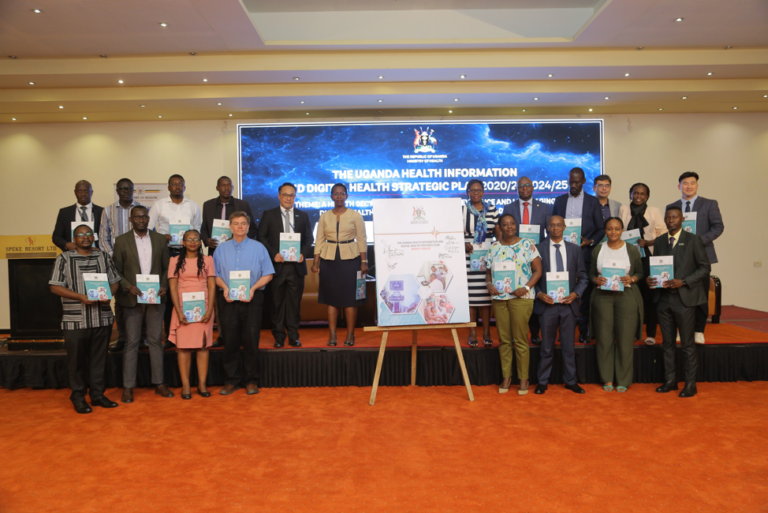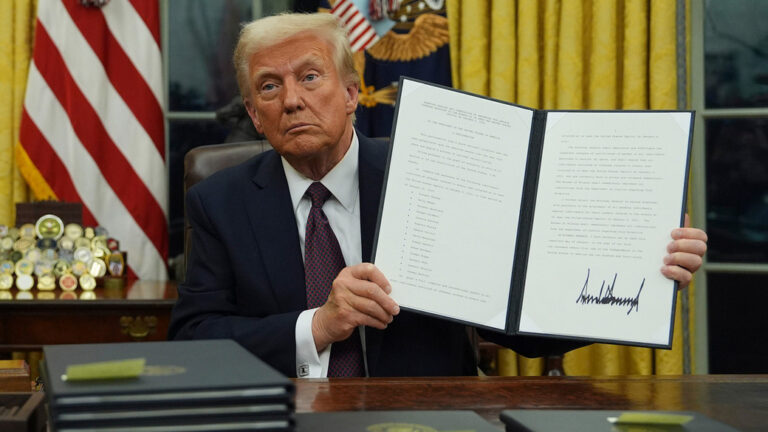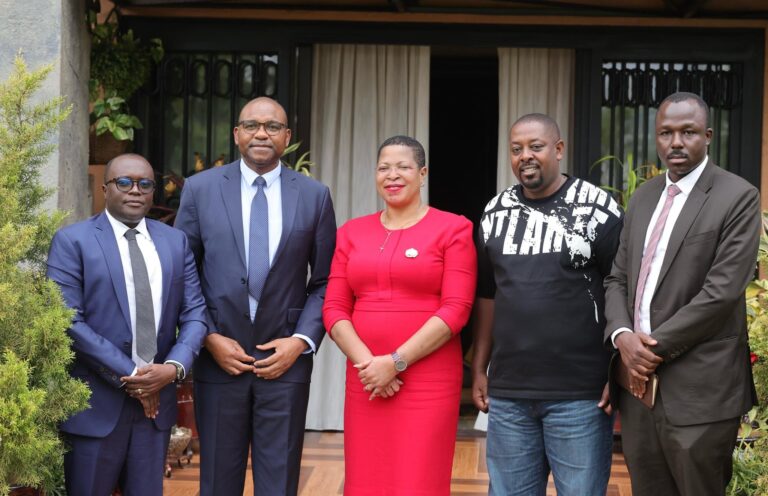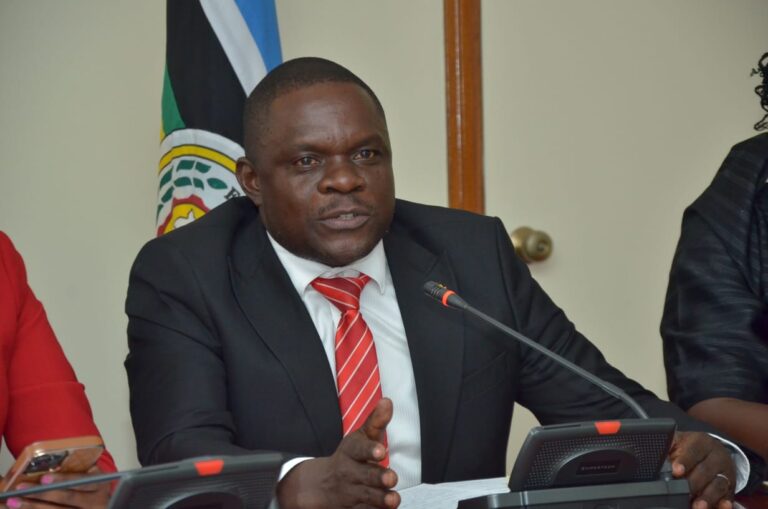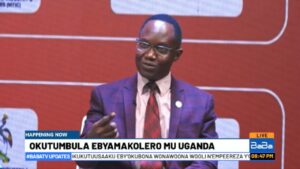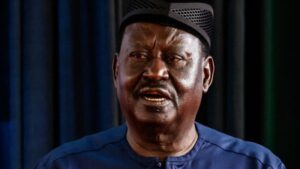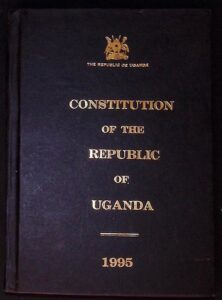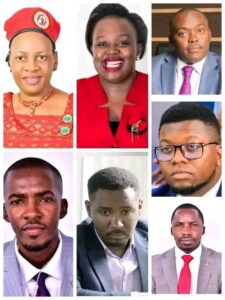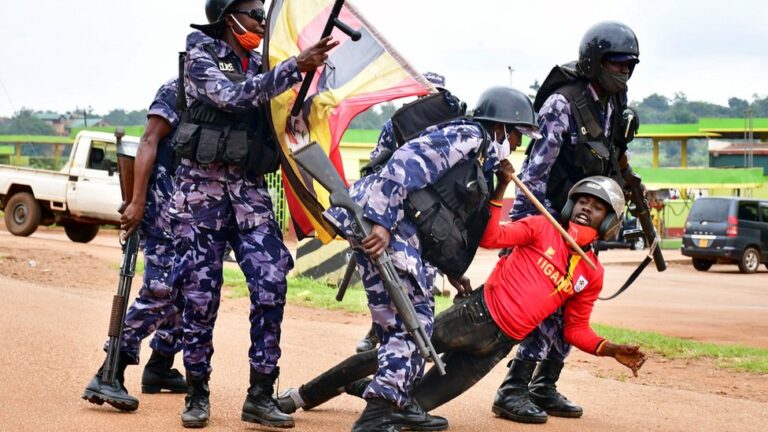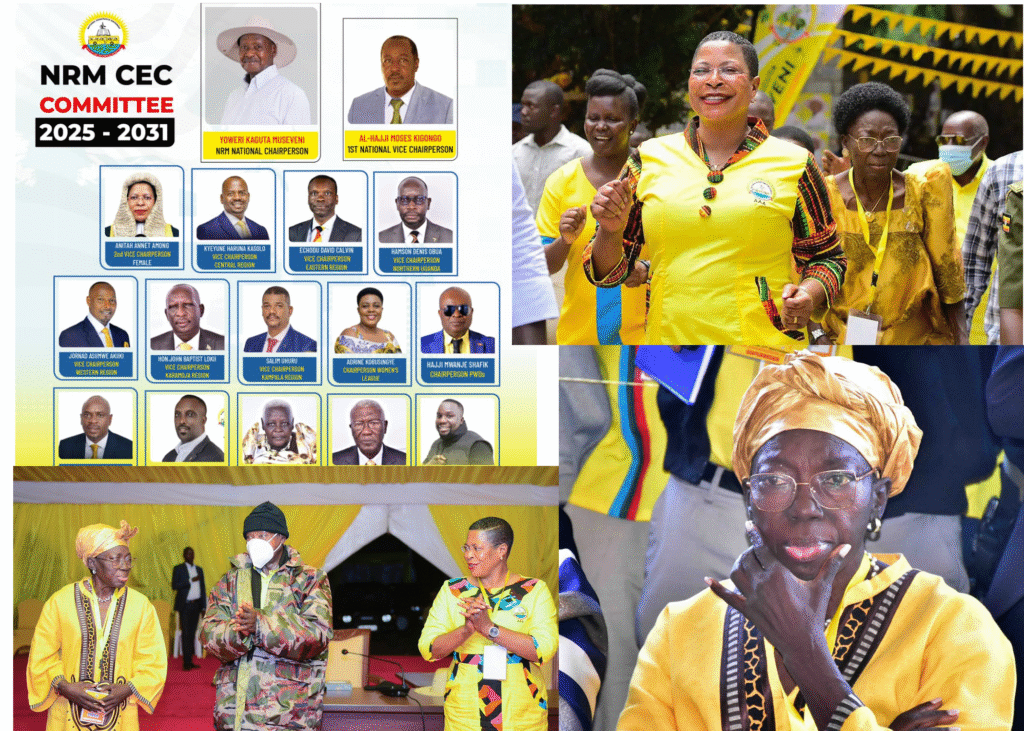
By Bakinyumya Douglas Paapa Ov Uganda
(Political TV Producer & Host – @BDouglasPaapa)
29th /AUGUST/2025
When Money Becomes the Message
The just-concluded NRM Central Executive Committee (CEC) elections of 2025 have once again exposed a deepening political culture where money is no longer a facilitator of campaigns but the ultimate weapon of victory.
On Wednesday, Rt. Hon. Rebecca Kadaga openly decried the “obscene” amounts of money circulating in the exercise, lamenting that each delegate was allegedly handed UGX 300,000 directly from candidates. With over 23,000 delegates participating, that translates into a staggering UGX 6 billion plus splashed from just one camp.
But this was only the beginning. Delegates reportedly received UGX 700,000 each for accommodation, while youth delegates were handed an additional UGX 500,000 courtesy of the President himself. On the final day, all delegates pocketed yet another UGX 100,000 token. Beyond cash, whispers of gadgets—including iPads and smartphones—flooded the corridors, painting a picture of an election drowning in largesse.
The question is unavoidable: Has the NRM’s internal democracy been auctioned to the highest bidder?
The Cost of Loyalty
The case of Capt. Mike Mukula illustrates the absurd scale of the contest. His abrupt withdrawal from the race, according to insiders, came after UGX 75 million had already been sunk into delegate mobilization. Yet, in a system where loyalty is measured in brown envelopes rather than ideological conviction, even such sums vanish into the political quicksand.
Observers note the irony: while ordinary Ugandans struggle with soaring prices, unemployment, and collapsing service delivery, billions flow freely in party corridors to secure internal positions. Delegates who walked into the elections as mere party loyalists now walk out as overnight “tycoons,” enriched by a festival of patronage.
This dynamic raises a deeper concern: If money has become the sole determinant of political legitimacy within the NRM, what happens to the party’s ideological foundation?
The Generational Cost of Monetized Politics
The 2025 CEC elections are not an isolated case. Reports from the 2020–2021 NRM primaries revealed that candidates spent anywhere between UGX 300 million and UGX 1.2 billion to secure party tickets. Independent monitors concluded that in many constituencies, the deciding factor was not competence or commitment to service, but the depth of one’s pocket.
Nearly 60% of losing aspirants in those primaries cited “commercialization of the process” as their biggest barrier. Younger, financially struggling candidates—many with fresh ideas—were pushed aside by wealthier competitors who could afford to “buy loyalty.”
If this pattern holds, Uganda risks producing a generation of leaders accountable to financiers rather than citizens. Already, in districts like Wakiso, Lira, and Mbarara, youthful aspirants openly admit they were outcompeted not on merit, but sheer spending power.
This raises a painful generational question: What future does such a system bequeath to Uganda’s youth, who make up over 75% of the population?
The Burden on the Chairman
At the heart of this storm lies President Yoweri Museveni, the NRM chairman. His silence has been deafening. The responsibility is his to determine whether the ruling party can continue with elections where cash, rather than vision, determines leadership.
If the NRM cannot purge its internal processes of money politics, how can it credibly promise the nation a future free of corruption and transactional governance?
Conclusion: Reform or Relapse?
The 2025 NRM CEC elections have spoken loudly: in the ruling party today, money is not just a tool—it is the winning weapon.
But the unfolding question remains: Is money now an essential facility in elections?
If yes, Uganda’s democracy faces a bleak path where leadership is purchased, not earned. If no, then urgent reforms are needed—reforms that prioritize transparency, merit, and inclusiveness over cash. Without this, the NRM may maintain control in the short term but risks losing legitimacy in the long run.
For the millions of young Ugandans watching, the message is stark: unless change comes, the politics of tomorrow will not be about ideas, service, or conviction—it will remain a marketplace where only the highest bidder wins.
✍️ By Bakinyumya Douglas Paapa Ov Uganda
(Political TV Producer & Host – @BDouglasPaapa


